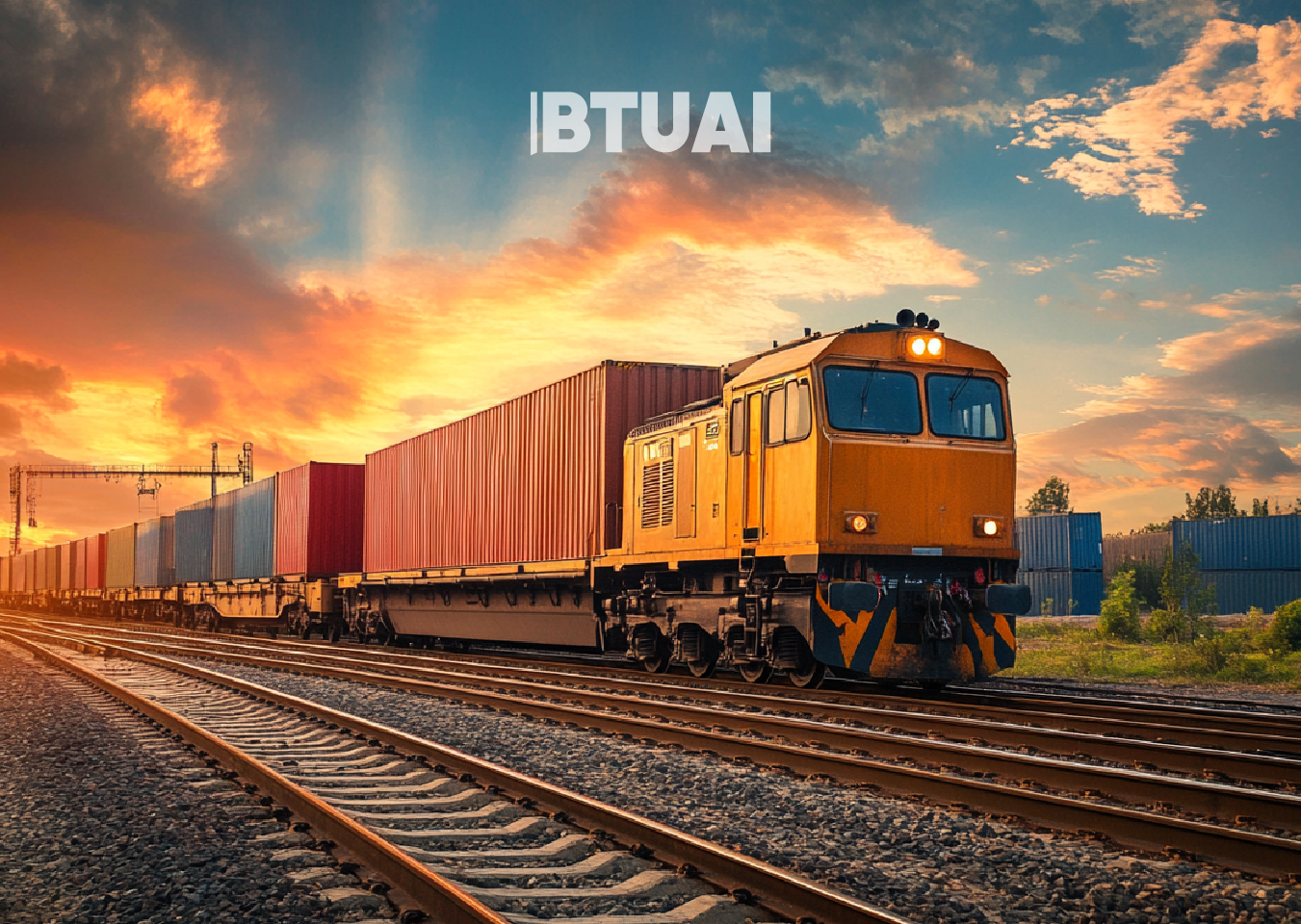What Products Does the Georgian Railway Transport?
Georgian Railway remains a crucial transportation artery, facilitating the movement of various types of cargo, including domestic, international, and

Georgian Railway remains a crucial transportation artery, facilitating the movement of various types of cargo, including domestic, international, and transit shipments. In 2024, nearly 14 million tons of freight were transported (source: Geostat), reaffirming the railway’s significance in both regional and global trade.
The largest share—39%—is accounted for by coke and refined petroleum products. Coke, a fuel derived from coal, is widely used in metallurgy, particularly in steel production. The European and Asian industries continuously require steel and related materials, making these commodities an integral part of regional trade. Petroleum products, including gasoline, diesel, and other fuels, primarily originate from Central Asia and transit through Georgia to Europe. Due to its strategic location, Georgia serves as a crucial transit hub for energy carriers, a role that has become even more significant in light of global energy shifts.
Chemical products, artificial fibers, and plastic goods constitute 20% of the total transported cargo. These materials are essential for various industries and often require specialized transportation due to safety concerns. Railways offer a stable and relatively low-risk solution for such shipments. Additionally, chemical products are extensively used in agriculture (e.g., fertilizers) and industrial production, maintaining high demand for this cargo category.
Metal ores and mining products (16%) mainly include copper, manganese, and other industrial metals. These materials are heavy and costly to transport by road, making rail transport a more efficient option. Georgia has long served as a transit route for these commodities, as the Caucasus region is rich in mineral resources, and railways provide an effective means of transportation to seaports and final destinations.
Food products, beverages, and tobacco (9%) account for a smaller share of total shipments but remain high-demand cargo requiring consistent delivery schedules. Agricultural produce, in particular, depends on seasonal demand. Rail transport ensures timely and efficient distribution to both domestic and international markets.
Basic metals and metal products (6%), such as steel structures, pipes, and other construction materials, play a key role in regional infrastructure development. Given the high costs of transporting heavy metals by road, companies prefer rail transport for cost efficiency.
Construction materials and other non-metallic mineral products (5%) are directly linked to economic activity. As infrastructure projects expand, the demand for these materials is expected to grow.
Considering all these factors, Georgian Railway not only enhances the efficiency of domestic and international trade but also strengthens the country’s position as a strategic transportation hub in the region. With its geographic advantage, ongoing infrastructure improvements, and increasing international trade, the railway is becoming an increasingly competitive and vital player in the global logistics network.




